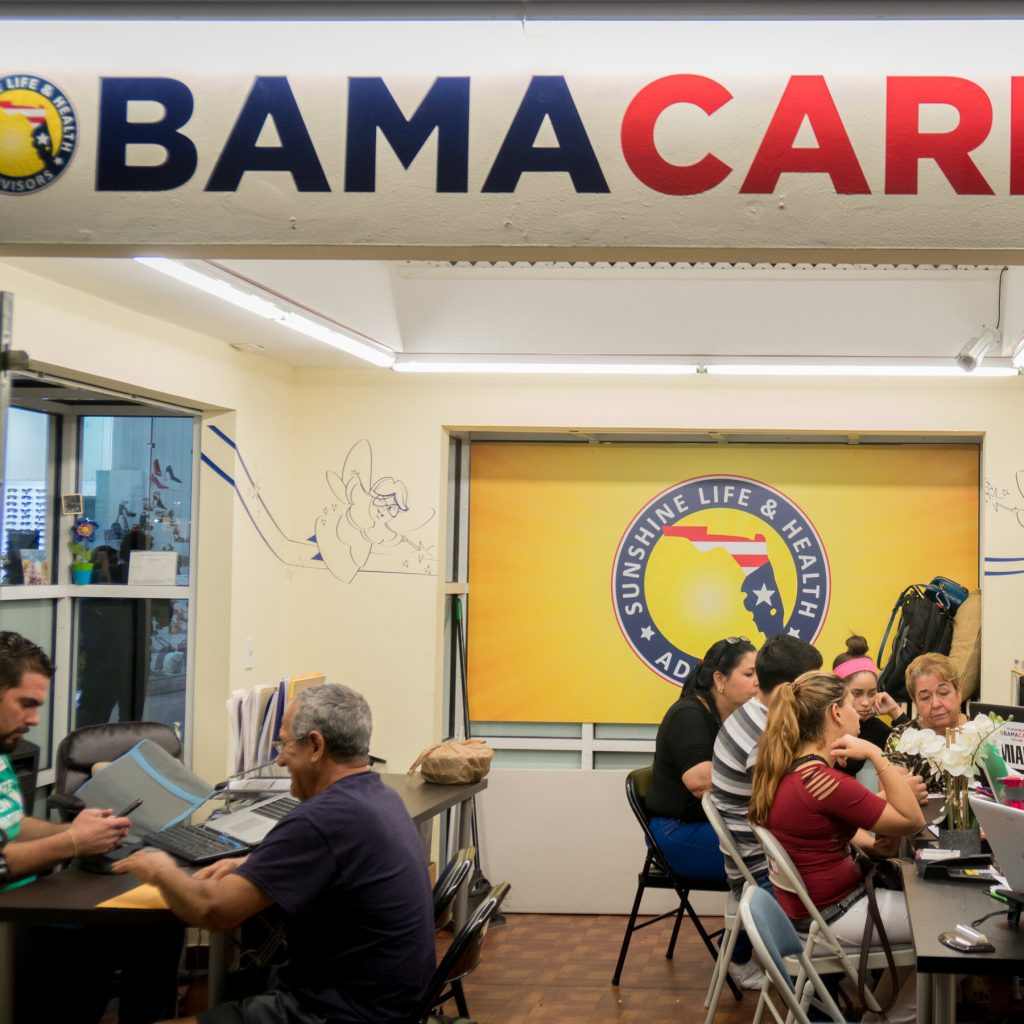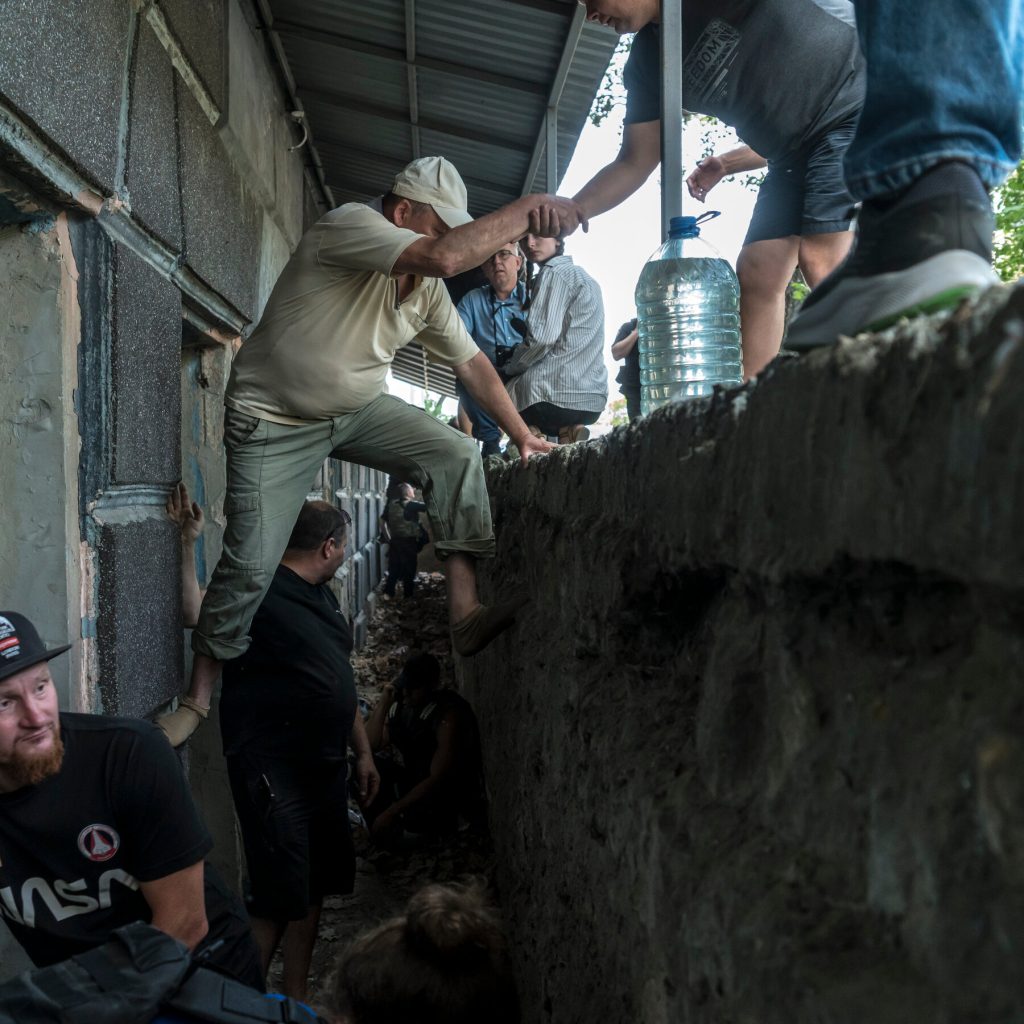Trump’s IVF Drug Discount Wins Praise Even from His Critics

President Donald Trump’s latest health‑care initiative – a nationwide discount on the high‑cost drugs used in in‑vitro fertilisation (IVF) – has drawn unexpected applause from many who normally oppose his administration. After months of behind‑the‑scenes negotiations involving pharmaceutical companies, fertility clinics, and congressional committees, the White House announced that the federal government will negotiate bulk‑purchase agreements to lower the price of essential IVF medications such as gonadotropins and hormonal stimulants by up to 30 percent.
The move comes at a time when the United States is experiencing a surge in demand for assisted‑reproductive technologies. According to the Society for Assisted Reproductive Technology, more than 300,000 IVF cycles are performed each year, yet the cost of the drugs alone can exceed $10,000 per cycle, placing the treatment out of reach for many couples hoping to start families.
While Trump’s broader policy agenda – from immigration restrictions to environmental rollbacks – continues to draw sharp criticism from both parties, the IVF discount has been hailed as a pragmatic step that could expand access to fertility care for a broader segment of the population. “Even those of us who disagree with the President on virtually everything can’t ignore the fact that this policy could help countless families,” said Dr. Maya Patel, a reproductive endocrinologist at a Boston fertility center. “Lower drug prices mean lower overall treatment costs, which is a win for patients and providers alike.”
The discount was secured after a series of intensive talks that began in early 2024, when the Department of Health and Human Services (HHS) convened a task force to examine the soaring prices of reproductive drugs. Pharmaceutical firms initially resisted, arguing that the high costs reflected research and development expenses. However, pressure from both the medical community and a coalition of parent‑advocacy groups – some of which have traditionally aligned with the President’s pro‑life stance, while others champion reproductive rights – led to a compromise.
Critics of the administration remain skeptical of the broader motivations behind the policy. “This is a classic political maneuver: a feel‑good concession that distracts from more damaging actions on women’s health,” warned Senator Lisa Moreno (D‑CA), who sits on the Senate Health Committee. “We will be watching closely to see whether the promised savings actually reach patients.”
The administration has pledged to release a detailed report by the end of the fiscal year outlining the projected savings, the mechanism for price negotiations, and the anticipated impact on IVF accessibility. Early estimates suggest that the discount could reduce the average out‑of‑pocket cost for a full IVF cycle by roughly $3,000 to $4,000, potentially opening the door for thousands of additional families to pursue treatment.
Fertility clinics across the country have already begun adjusting their pricing structures in anticipation of the new discounts. “We’re revising our fee schedules to reflect the lower drug costs, which will make us more competitive and, more importantly, more affordable for our patients,” said Karen Liu, director of a Seattle reproductive center.
The policy also aligns with a growing bipartisan recognition that infertility is a medical condition deserving of broader insurance coverage and public support. Several states have introduced legislation to require insurers to cover at least one IVF cycle, and the federal discount could bolster those efforts by demonstrating a national commitment to reproductive health.
In the coming weeks, advocacy groups on both sides of the abortion debate plan to lobby Congress for complementary measures, such as expanding Medicaid coverage for IVF and increasing funding for research into lower‑cost alternatives. Whether these initiatives will materialize remains uncertain, but the IVF drug discount stands out as a rare point of convergence in an otherwise polarized political climate.






